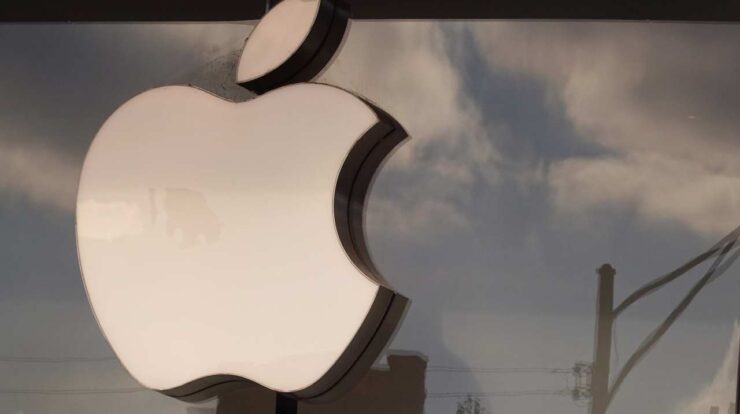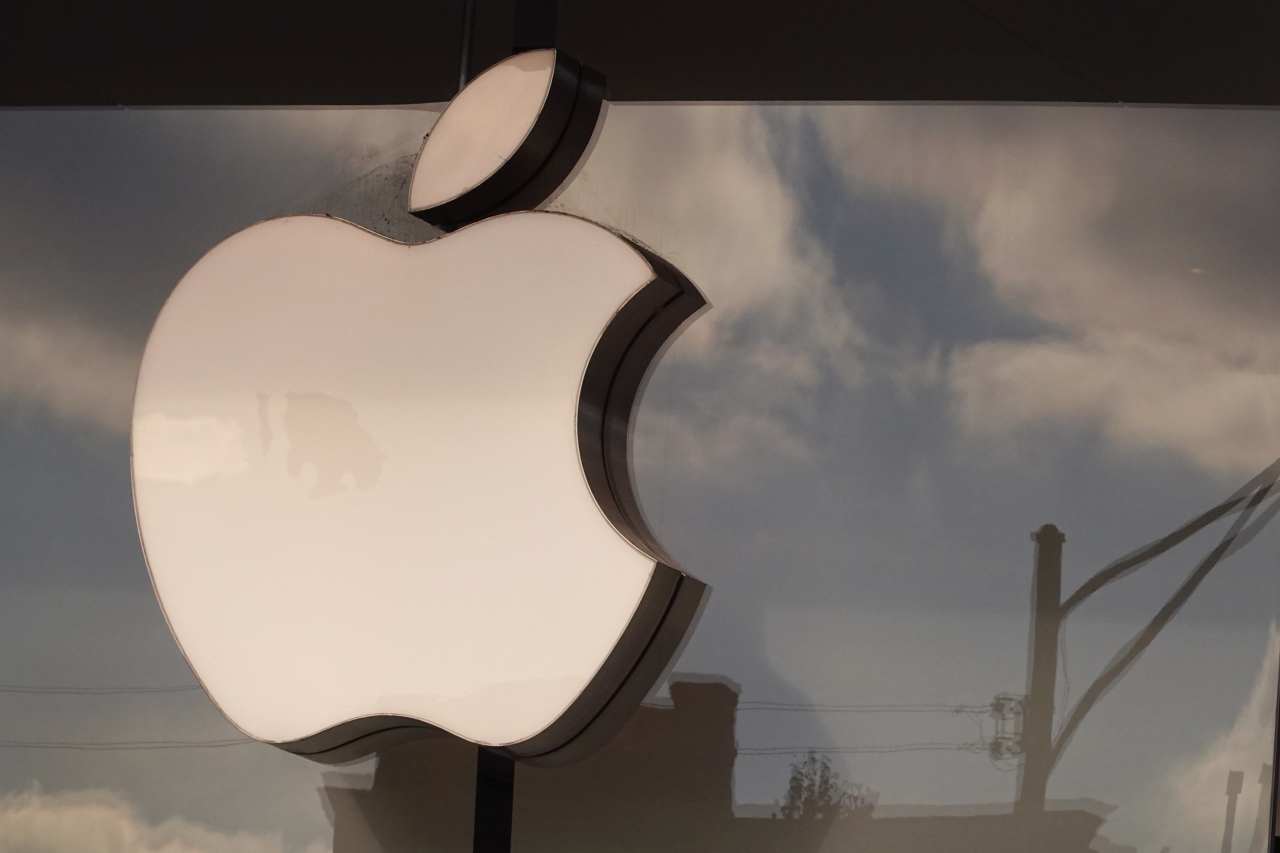

In 2022, Alphabet shelled out $20 billion to Apple.
The positioning of Google Search on iPhones
The current setup remains intact, yet it faces challenges due to the significant antitrust lawsuit, U.S. v. Google. Should it come to a confrontation, Apple shows no signs of backing down and might not shy away from distancing itself from Google if necessary.
In August, Judge Amit Mehta of the U.S. District Court for the District of Columbia ruled against Google after determining that the company holds an unfair dominance over US search engines and has improperly leveraged this position to hinder competitors.
The two-week trial aimed at deciding the penalties for Google has come to an end, and on Friday night, numerous “amicus curiae” briefs flooded in from various entities eager to weigh in on the outcome.
Apple submitted one of those filings.
, and its self-centeredness is clear throughout its content.
One of the remedies proposed by the Department of Justice and the states that are plaintiffs is that Google should be prohibited from providing Apple with “anything of value” for search placement, and this could zero out Google’s payment if the court decides to enforce that to its fullest.
Apple aims to maintain those substantial payments, representing 18 percent of the company’s pre-tax income in 2022. Initially, they contended that Google Search has been undermined, and it now faces genuine competition after many years without significant rivals.
“Much has changed since the liability trial,” the brief reads. “For the first time, Apple has recently seen a decline in the number of queries year-over-year to Google from the Safari web browser. Apple believes this is driven by consumers increasingly shifting toward new entrants—products like ChatGPT, Claude, and Perplexity, among others—to search for and access information online.”
“True competition in the market is not far away.”
When Apple’s Senior Vice President of Services, Eddy Cue,
gave testimony
to the same effect on Wednesday,
Alphabet stock dropped
7.3%.
But it didn’t stop there. Apple also tried to draw the judge’s attention from this penalty toward one of the harshest of the remedy proposals: forcing Google to share its search and ad indexes with competitors, including the AI search engines. Right now, the AI competition is able to succeed with much smaller indexes than Google’s, and access to more data would make them that much better, and further weaken Google’s position.
Apple argued that if the court is really interested in fostering competition in the U.S. search engine market, “sharing Google Search index data with new AI companies would—taken in conjunction with their revolutionary large language models—help accelerate their ability to compete.”
Apple has shown no signs of backing down. Just as evidenced during its legal battle with Epic Games and within the European Union, Apple consistently aims to extend boundaries for the sake of maximizing its own benefits.
Even if it causes pain to Google in the process.
Send your message to Adam Levine at
[email protected]






